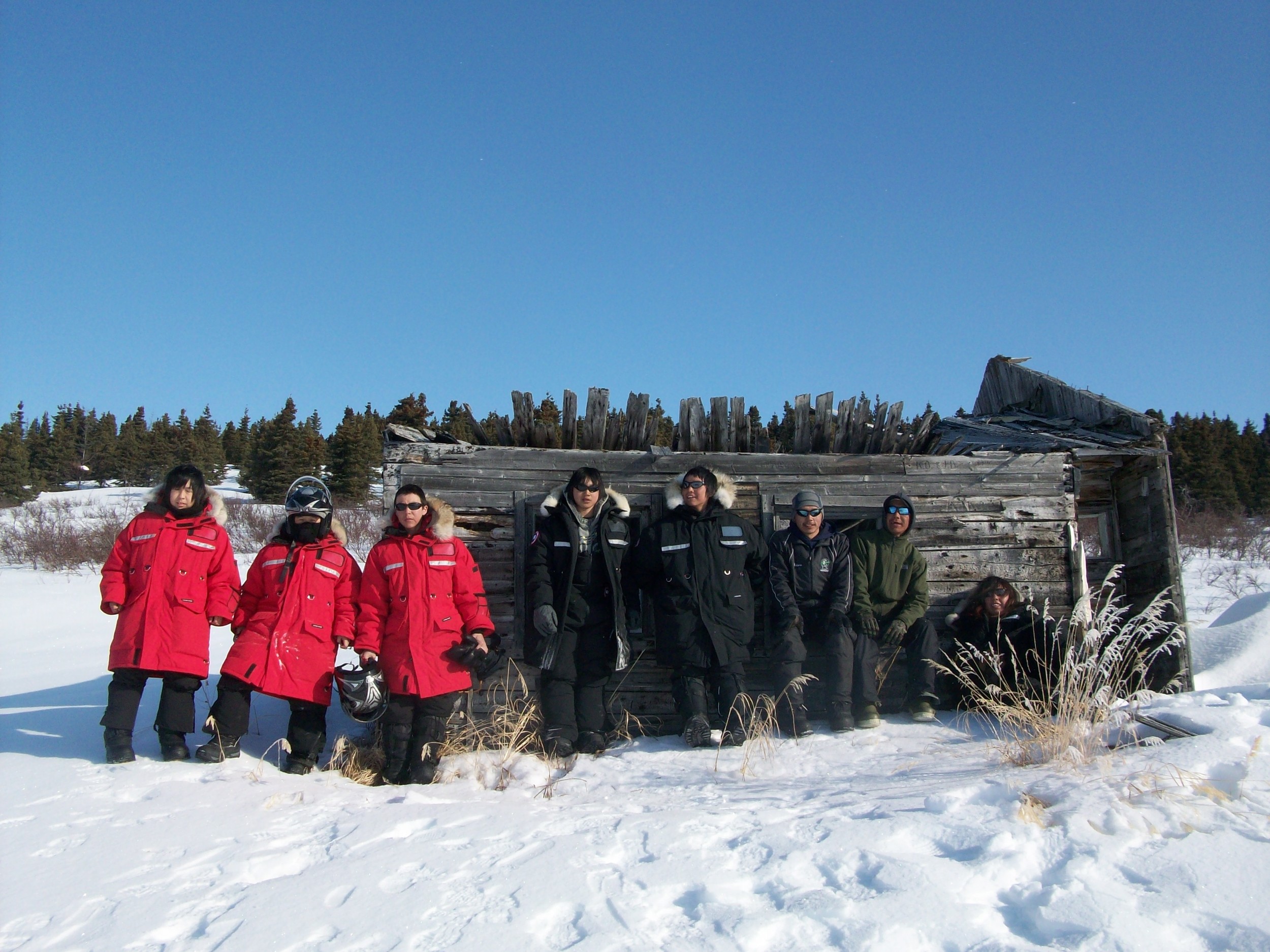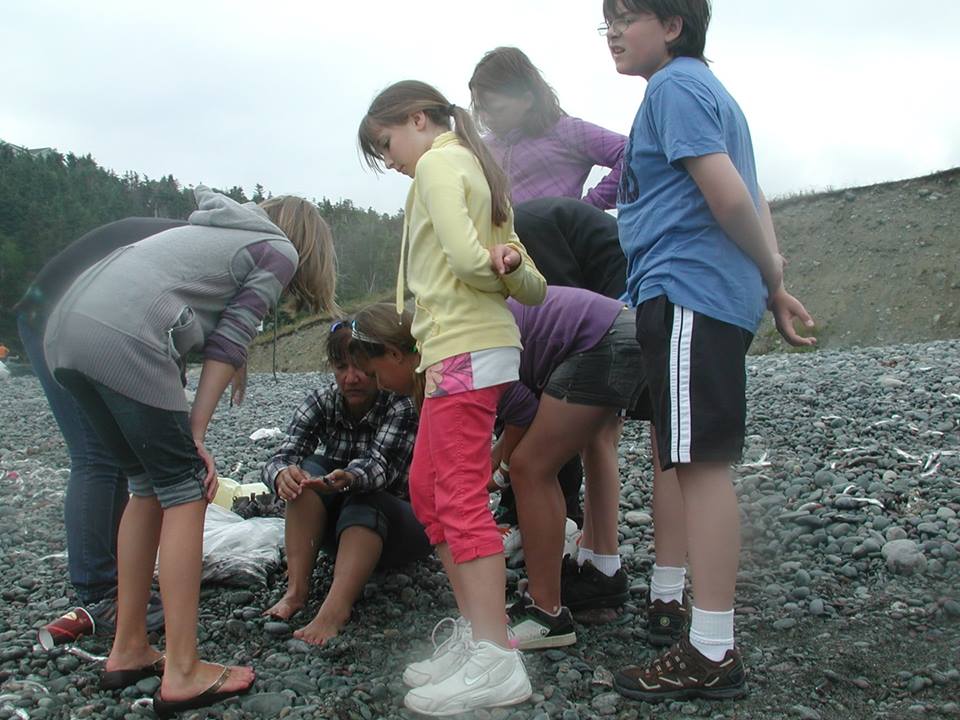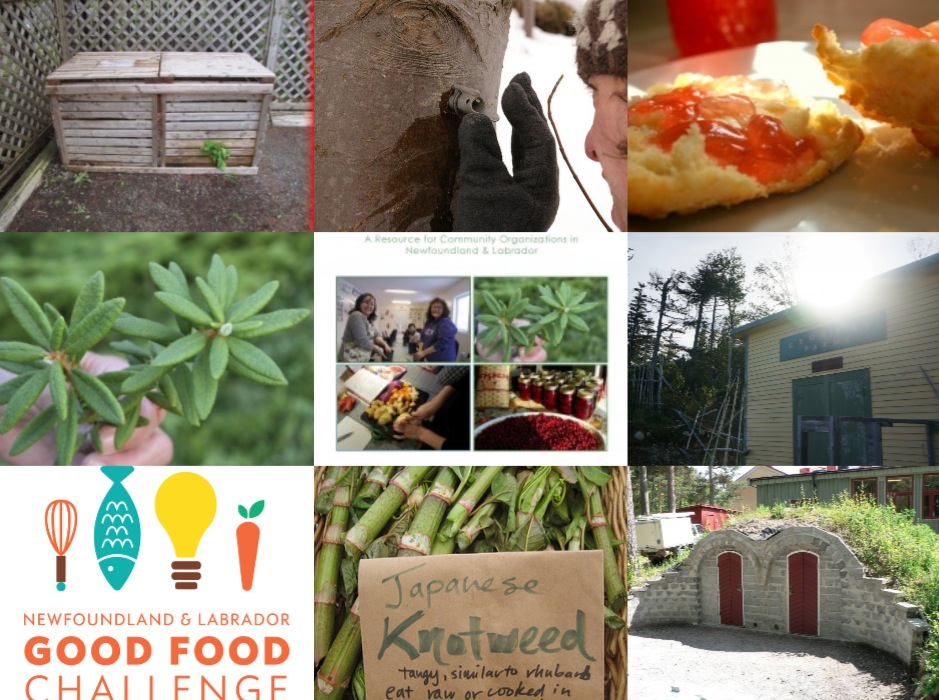Join FSN for this two-part teleconference series about programs that are bringing young people back in touch with the land and the sea. Programs which connect youth to their natural environment and food heritage can help improve their physical, emotional, and social resilience. In turn, this affects community connectedness and community wellbeing.
To register for one or both of the teleconferences email info@foodsecuritynews.com or call (709) 237-4026. Registration is recommended by the day before each teleconference to be sure you get the materials in time.

February 10: Aullak, Sangilivallianginnatuk
Tues. Feb. 10 2pm in Labrador, 2:30pm in Newfoundland
Aullak, Sangilivallianginnatuk (Going Off, Growing Strong) in Nain is the first program of its kind in Canada, and is inspiring similar efforts across the North. The program offers youth the experience of going out on the land to learn about hunting, trapping, fishing, and other skills with experienced hunters. Food harvested through the program is donated to the Community Freezer and delivered to elders at their homes. Presenter Dorothy Angnatok, the program’s Coordinator, will share stories about the program and her ideas for engaging youth. Going Off, Growing Strong was recently highlighted in Clara’s Big Ride and just received $150,000 from Bell Aliant to support their amazing work. Learn more from this recent interview with Dorothy on the Marilyn Dennis Show.

February 17: Fishing for Success
Tues. Feb. 17 2pm in Labrador, 2:30pm in Newfoundland
Fishing for Success is a non-profit community dedicated to the preservation and celebration of the traditional fishing knowledge and culture which sustained Newfoundlanders and Labradorians for generations. Their vision is that one day every child in Newfoundland and Labrador will once again be taught the traditional fishing knowledge and skills of the people who came before them. The program has a goal to instill a sense of pride, of place, and a longing to protect and conserve their natural home. Kimberly Orren will introduce the program and share her ideas for putting young people in touch with traditional food skills and knowledge.








 We've compiled a list of the ten most popular pages on our sites,
We've compiled a list of the ten most popular pages on our sites,